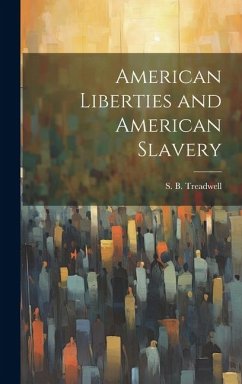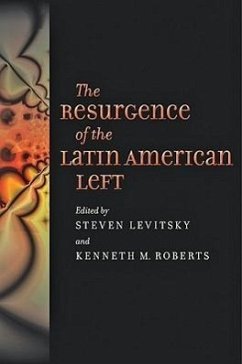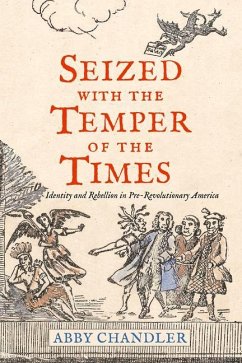Nicht lieferbar

The Marshall Plan and the Shaping of American Strategy
" How the United States helped restore a Europe battered by World War II and created the foundation for the postwar international order. Today, an American initiative at the close of World War II remains a beacon of humanitarianism and hope. Seventy years ago the United States did something unprecedented in world history: It launched and paid for an economic aid plan to restore a continent reeling from war. The European Recovery Plan-better known as the Marshall Plan, after chief advocate Secretary of State George C. Marshall-was intended to prevent postwar Western Europe from succumbing to co...
" How the United States helped restore a Europe battered by World War II and created the foundation for the postwar international order. Today, an American initiative at the close of World War II remains a beacon of humanitarianism and hope. Seventy years ago the United States did something unprecedented in world history: It launched and paid for an economic aid plan to restore a continent reeling from war. The European Recovery Plan-better known as the Marshall Plan, after chief advocate Secretary of State George C. Marshall-was intended to prevent postwar Western Europe from succumbing to communism. By speeding the recovery of Europe and establishing the basis for NATO, it became one of the most successful U.S. government programs ever. The Brookings Institution played an important role in the adoption of the Marshall Plan. At the request of Arthur Vandenberg, the Senate Foreign Relations Committee chairman, Brookings scholars analyzed the plan and submitted a report to the committee, which enabled passage through a Republican-dominated Congress in a presidential election year. In his foreword, Brookings president Strobe Talbott reviews the global context at the time and Brookings's role. Included here are Marshall's landmark speech in June 1947 laying out the rationale for the plan, and his lecture on receiving the Nobel Peace Prize in 1953. The book concludes with an essay by Bruce Jones and Will Moreland that demonstrates how the Marshall Plan helped shape the entire postwar era and how today's leaders can learn from the plan's challenges and successes. "












